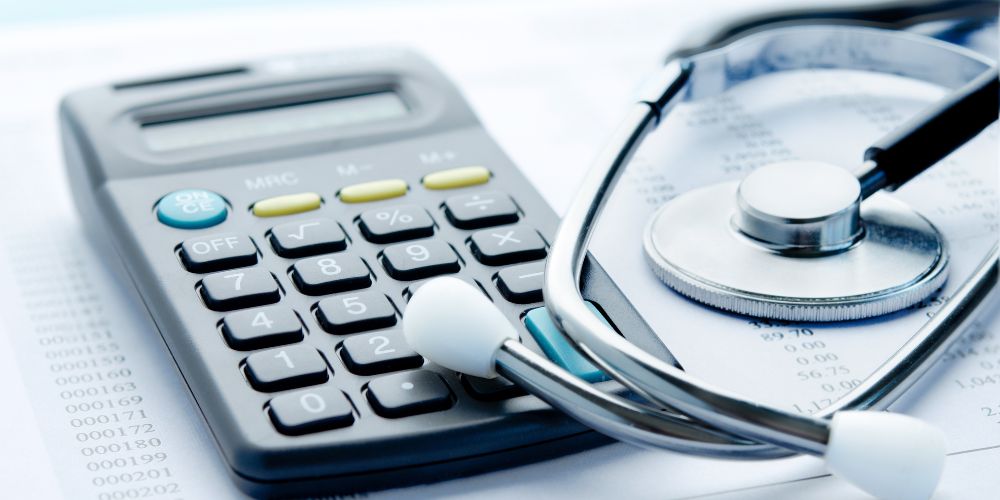Everyone can have low moods on occasion, however, if the low mood continues for some time and starts to interfere with your normal activities of daily living, this may be a form of Depression.
There are a number of different types of Depression:
- Persistent Depressive Disorder – a continuous Depression that lasts more than 2 years.
- Seasonal Affective Disorder – a Depression that occurs at a set time of year.
- Antenatal Depression – occurring when a woman becomes pregnant.
- Post Natal Depression – occurs in the first year after the birth of the baby.
- Premenstrual Dysphoric Disorder (PMDD) – a hormone related disorder that affects the body but can also affect how a person feels.
Causes
There are many causes which can lead to Depression, which can include but not limited to the following:
- Can be due to childhood trauma.
- Significant life events including bereavement.
- Long term physical issues, in particular constant pain or life-threatening illnesses.
- Research shows a person is more likely to develop Depression if a family member has.
- Hormonal issues, in particular thyroid or parathyroid issues and Menopause.
- Also, some prescription drugs and some recreational drugs/alcohol can lead to Depression.
Symptoms
These can be varied and can include any of the following:
- No interest in or please in doing things. In particular normal hobbies and interests.
- Low mood, tearfulness, irritability or anger.
- Feeling guilty and that you have let yourself or your family down.
- Fatigue and difficulties sleeping, sometimes sleeping too much.
- Isolating self and withdrawing from any social activities and events.
- Poor appetite/sometimes overeating.
- Poor concentration.
- Increase in smoking, alcohol intake, prescription drugs or illegal drugs.
- Aches and pains all over for no apparent reason.
If the symptoms are bad enough a person may have suicidal thoughts and even self-harm. The most serious can actually attempt to take their own life.
Often the symptoms creep up slowly and, to begin with, you may not even realise this is happening. Sometimes it is a loved one, relative, friend or even co-worker that will advise you to seek help.
Treatments
- Self help including physical activity, mindfulness, ensuring eating good diet and good sleep hygiene. Peer support can also be very helpful in managing episodes of Depression.
- Relaxation classes, meditation, Yoga or Pilates classes.
- Therapy – some people find Counselling of help, others a more structure Cognitive Behavioural Therapy (CBT). In addition, there are a number of other types of Therapy that a Therapist may advise for you. Referrals for Therapy via the NHS can have long waiting lists so check if you can self-refer or, alternatively, check if work has an Employee Assistance Programme (EAP).
- Take up something creative or re-start old hobbies or interests.
- Mood diary or journaling.
Medication
Medication is not always needed but GP’s may prescribe them, especially if the symptoms are severe or are not improving. Anti-depressants take some time to build to a therapeutic level and also, when a person finishes, take time to get out of a person’s system. A short course of anti-depressants can be 4-6 months, and some can have severe side effects, especially when a person first starts them.
A GP may also prescribe medication to help with certain symptoms including sleeping tablets or anti-anxiety medication. This is normally only prescribed short term.
If you feel that you would like to know more on the support services available, should you, or someone you work with, be suffering from Depression, you can contact us to learn more of our Counselling support we have available. We also have a dedicated EAP service which gives access to confidential Counselling support.



